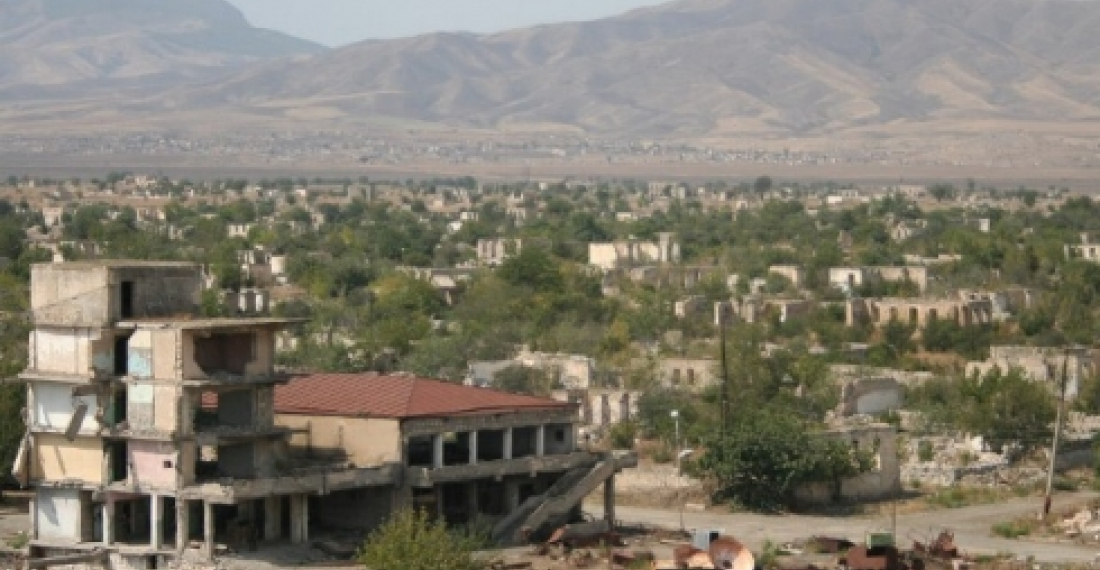There has been an increase in the number of incidents on the line of contact separating Armenian and Azerbaijani forces around the Nagorno-Karabakh conflict zone in the last twenty four hours.
Armenian media reported that on Thursday afternoon (27 March) Arayik Babayan, a 19 year old conscript was killed by fire from the Azerbaijani side
The incident happened in the Martuni Region of Karabakh. The soldier died on the spot as a result of a fatal gunshot wound he sustained to his head, the sources said. This indicates that he was likely killed by sniper fire.
In the meantime this morning the Azerbaijani side is reporting that later on Thursday units of Armenian Armed Forces on March 27 opened intense fire from large-caliber firearms in the direction of the village of Alibeyli in the Tovuz region. A resident of the village, Etigar Tagiyev was injured whilst in his home, according to Azerbaijani media. An Azerbaijani soldier was also injured in the incident. Azerbaijani media is also reporting overnight violation of the cease fire in several points of the line of contact separating the forces of the two countries.
source: commonspace.eu with agencies
photo: The village of Agdam in the Nagorno-Karabakh conflict zone.







